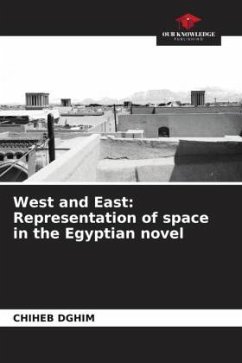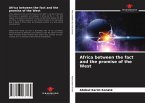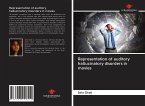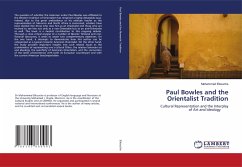This book is devoted to the analysis of the foreign as space, and is divided into three chapters. In the first, we analyze the space of the Other, in the second the space of the Self, before comparing the specificities of each of the two spaces in the third chapter. In this context, it's worth noting that some narratives extend the space of the Other, adding Third World countries to the West. Africa and Latin America become symbols of the malaise of globalization, with texts focusing on the slums that characterize them and the impoverishment and criminality that are their consequences. In this second part, we also set out to show how our novels describe foreign and Eastern space, the influence that the discovery of Western space has on the Arab character, and to answer the following questions: what cultural and linguistic boundaries separate the two spaces? What is the relationship between space and identity? Finally, what is the Arab character's relationship with his own space and the space of the other?
Bitte wählen Sie Ihr Anliegen aus.
Rechnungen
Retourenschein anfordern
Bestellstatus
Storno








